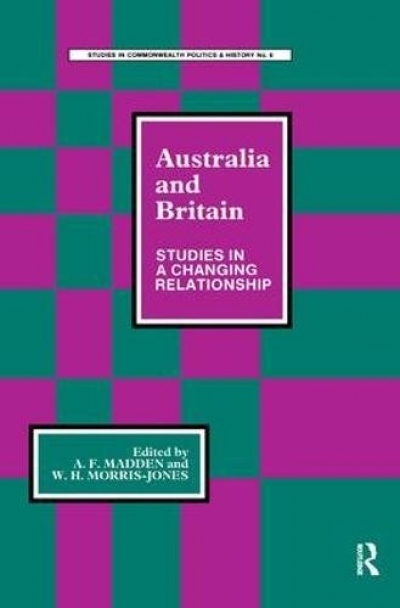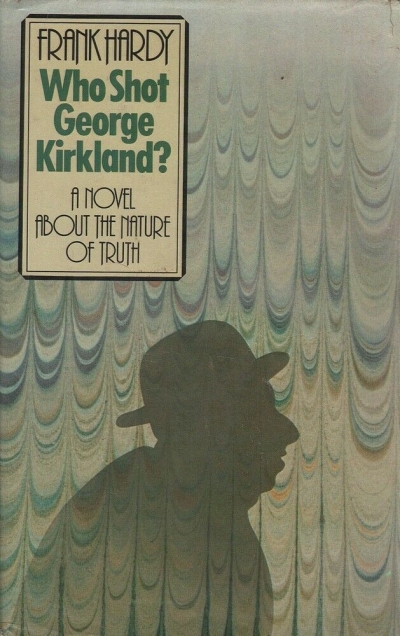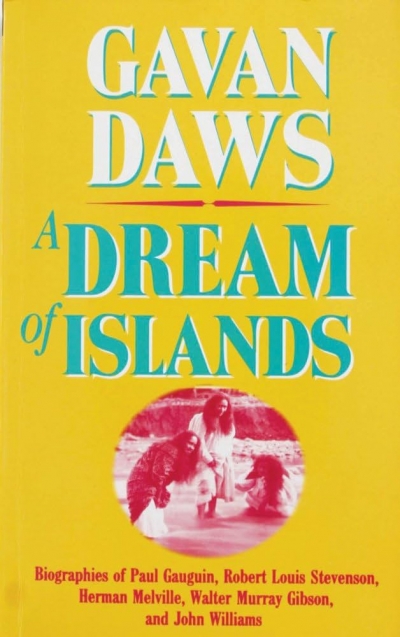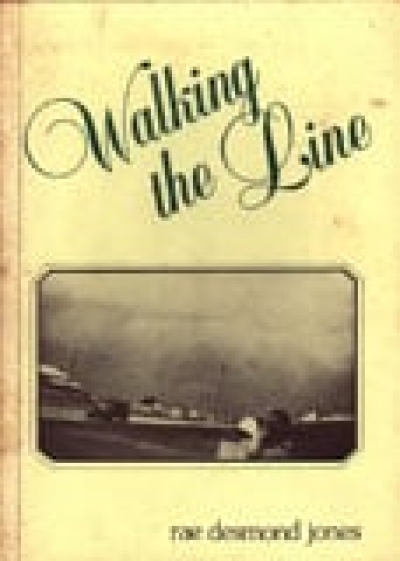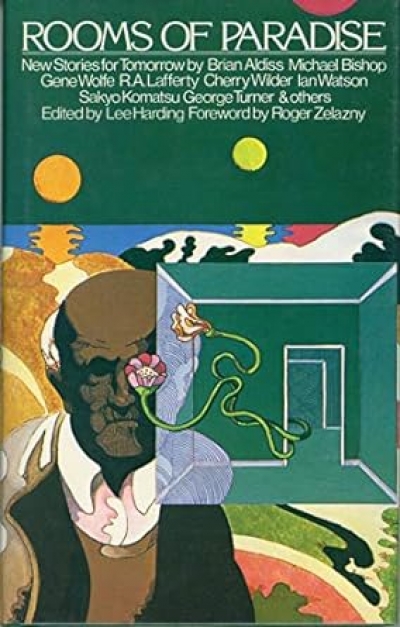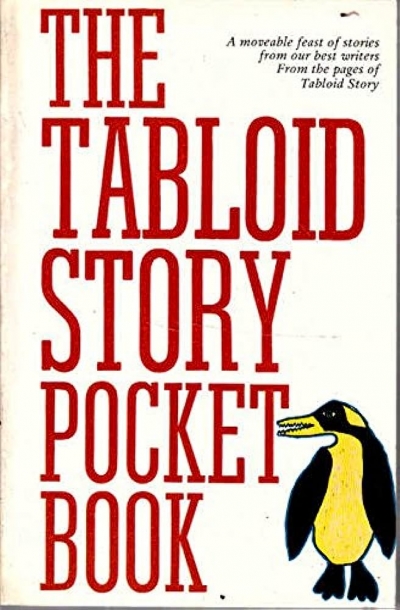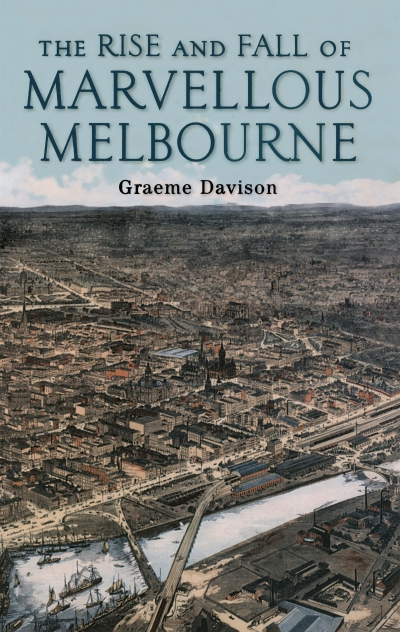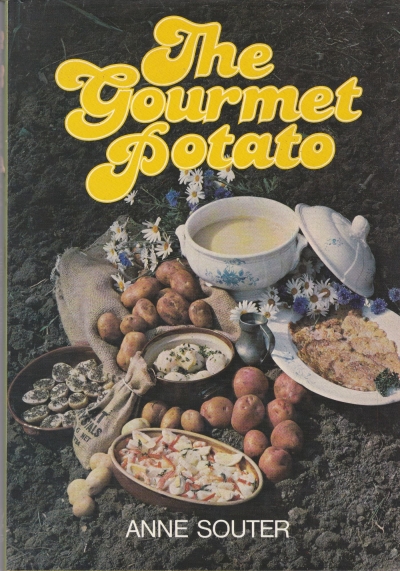Review
Australia and Britain: Studies in a Changing Relationship edited by A.F Maddern and W.H. Morris-Jones
by Irwin Herrman •
A Dream of Islands: Voyages of self-discovery in the south seas: John Williams, Herman Melville, Walter Murray Gibson, Robert Louis Stevenson, Paul Gaugin by Gavan Daws
by Bernard Smith •
Walking the Line by Rae Desmond Jones & Summer Ends Now by John Emery
by Craig Munro •
Ron Graham Presents Other Worlds edited by Paul Collins & Rooms of Paradise by Lee Harding
by Jim McKenzie •
The Rise and Fall of Marvellous Melbourne by Graeme Davison
by Leonie Sandercock •

